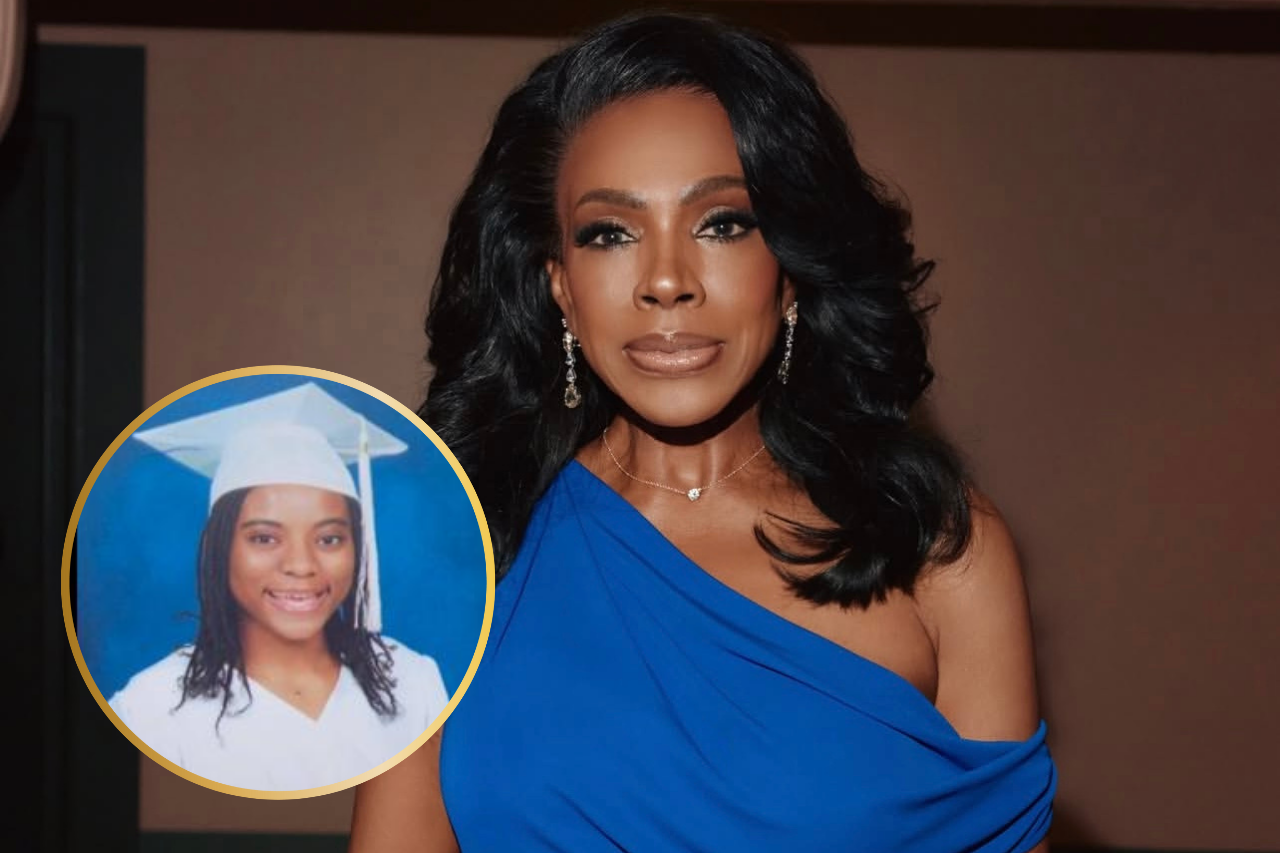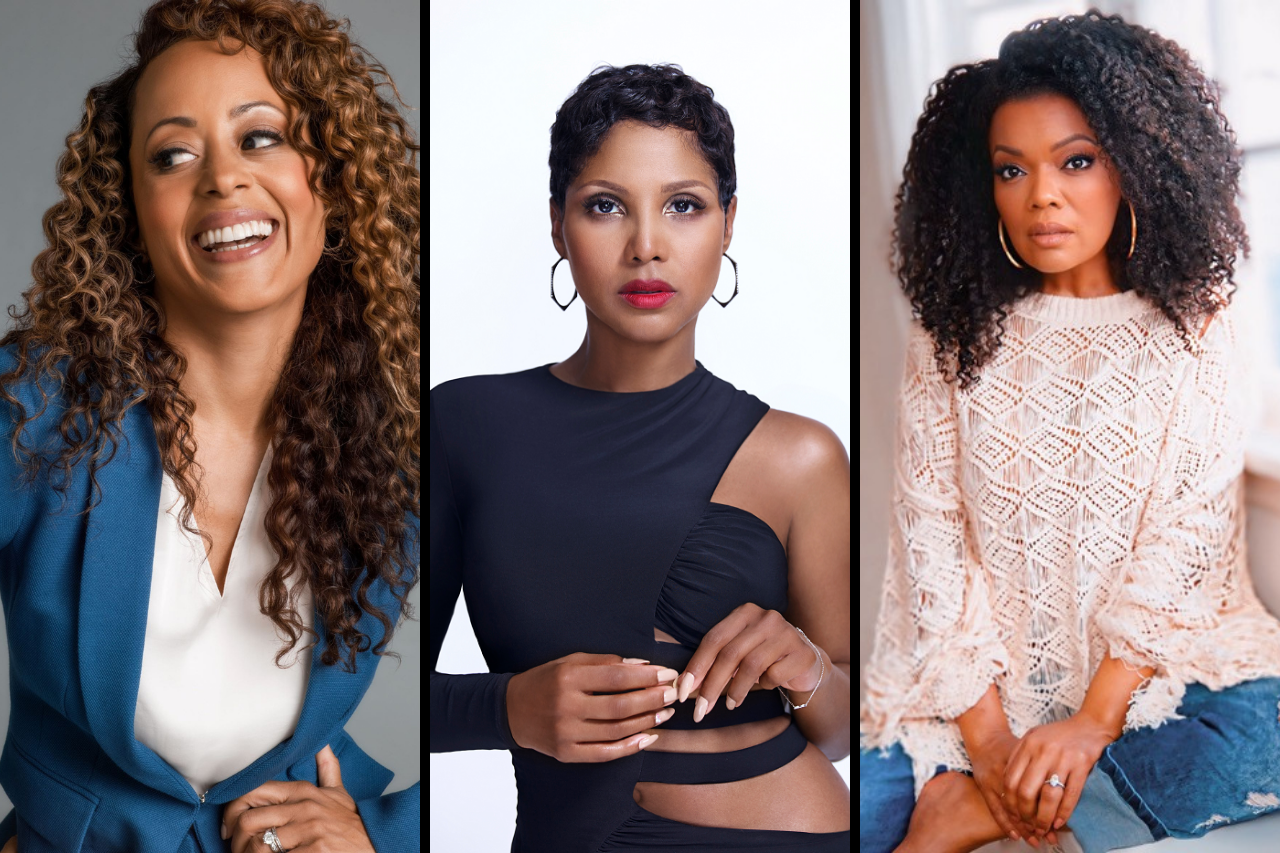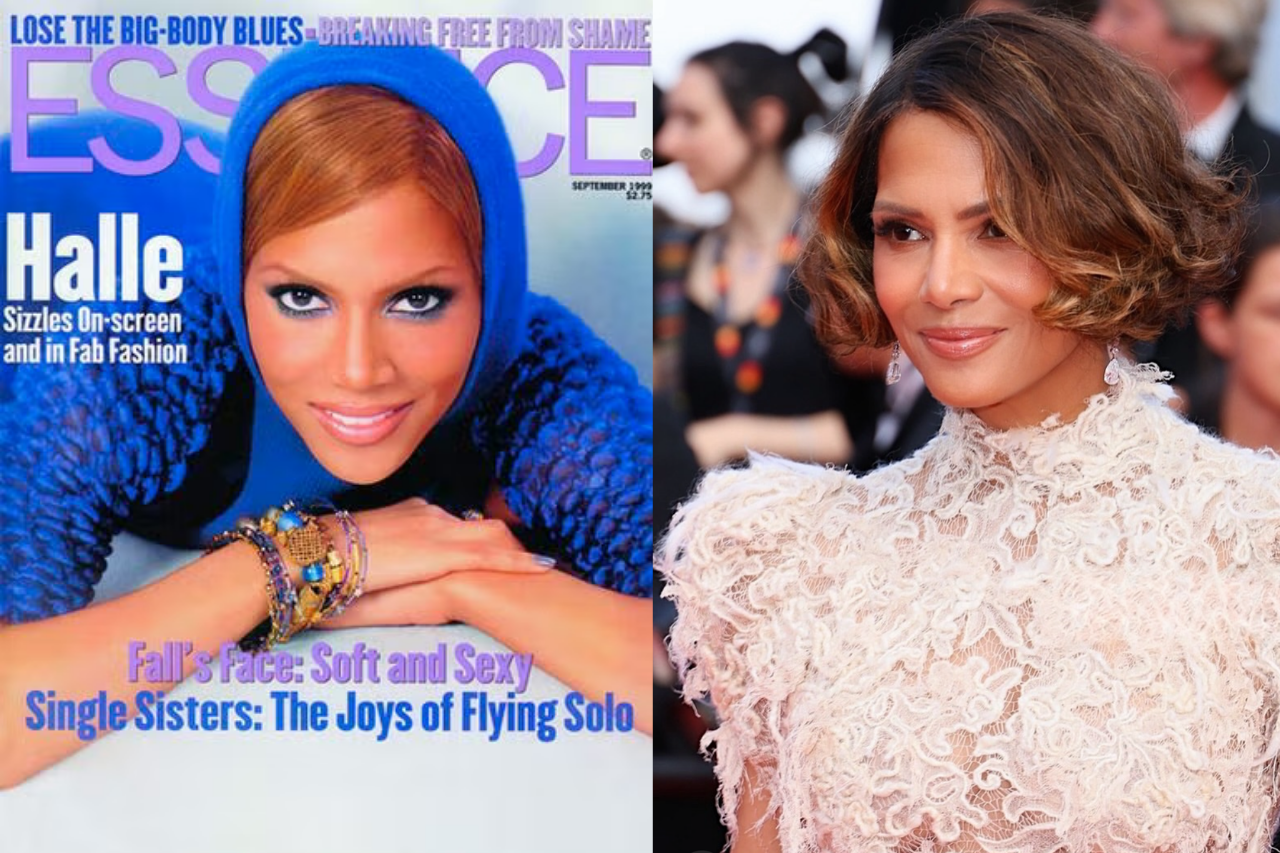Actress and activist Sheryl Lee Ralph has issued a powerful and emotional plea following the death of 18-year-old Jada Pollard, a student at The Queen’s School in Jamaica. In an Instagram post, Ralph expressed grief over what many are calling a brutal tragedy, as a suspect has now been taken into custody.
Jada Pollard had big plans for her future. She “dreamed of walking in the footsteps of family members who have pursued careers in law” and had “approached her future with determination and grace,” her father told The Weekend Star. Born in Washington, D.C., and raised in Jamaica, Jada embodied the transnational aspirations of many young Jamaicans.
“She was a beautiful baby girl. She was born in Washington, DC, and she came out nice and pretty. Everybody was just happy,” Pollard recalled.
Minister of Education Senator Dr. Dana Morris Dixon called her killing “shocking” and “heartbreaking,” words that now hang over a community seeking answers.
According to police, the tragedy unfolded at 1:40 a.m. on a Monday in Smokey Vale, St Andrew. A gunman broke into the family’s home, robbed Jada’s mother of her handbag, and as her cries for help echoed, Jada stepped into the hallway. A single bullet to the head silenced her forever. She was pronounced dead on arrival at the hospital.
The attack violated the deepest sense of security. “It is like something ripped my heart out,” Pollard said of hearing the news. “I started wailing and punching stuff. I never heard myself crying like that before, it was terrible. I have been doing a lot of praying, but a lot of crying as well, and it is like something ripped my heart out. But, I know that she was a good young lady, and I know that God got her.”
Pollard’s faith has become his anchor in the storm. “I believe the good die young, and she was one of them,” he said. “I think God was like, ‘Come on, you coming back up here.’”
He described how Jada’s spirituality was visible even in her everyday routines: “She would place Bible verses on her mirror. I believe God got her.”
“She was always joyful, and we prayed all the time. Even as a teenager, she was very Christian and humble … She was a very natural, beautiful girl who loved herself and others very much,” he remembered. “I never had to yell at my daughter; she was just a great child.”
These memories paint a portrait of a teenager grounded in faith and family, and make the loss feel all the more devastating.
Sheryl Lee Ralph’s Instagram post reflects the same mixture of grief and resolve. Known for her activism as much as her performances, Ralph has often used her platform to spotlight violence against young people. In sharing Jada’s story, she amplified not just a tragedy but a call to action: that the killing of children should stir both empathy and concrete change.
Ralph’s message, and the public reaction, point toward something deeper: awareness of the social and systemic patterns that allow such violence to affect young people. What are the safety nets? What role do mental health, socioeconomic strain, policy, and law enforcement play? Ralph’s words force us to confront more than one individual tragedy; they challenge us to consider how many more stories are still being written, sometimes all too soon.
Grief in these cases often spurs both collective mourning and demand for change. Health professionals know that the aftermath of violent trauma extends far beyond the physical; it affects families, schools, mental health, and public trust. Activists and leaders like Ralph highlight the emotional consequences: grief, anger, fear. But there is also the question of what happens next.
- Preventive measures: What more can communities do in the realms of youth outreach, violence prevention programs, and early intervention?
- Support systems: After such a loss, how can schools, mental health providers, and social services come together to support affected families?
- Policy & enforcement: When a suspect is arrested, that is part of justice, but systemic prevention involves mapping risk: understanding underlying factors such as poverty, lack of opportunity, or inadequate protection.
Behind the headlines, there are names, faces, and futures. Jada was someone’s daughter, classmate, or friend. Sheryl Lee Ralph’s expression of devastation reminds us that grief is universal; it doesn’t wait for status, notoriety, or fame. And in communities already facing trauma, every loss echoes. For health professionals, educators, and policy makers, that echo is a call to action: to treat violence and its consequences as a public health crisis, not just a criminal one.
Ralph’s tribute and public grief do more than memorialize. They humanize. They draw attention to violence’s aftermath, trauma, healing, resilience. As readers and stakeholders, there are several takeaways worth carrying forward:
- Empathy as foundation: Listening to affected families and communities, validating their loss, and resisting the tendency to look away.
- Multi-sector collaboration: Healthcare, education, law enforcement, social services must coordinate to create safer environments.
- Public awareness + mental health: Recognizing that exposure to violence, even indirectly, can have psychological and emotional impacts. Support must include grief counseling, youth mentorship, community healing programs.
Jada Pollard’s life ended far too soon. Sheryl Lee Ralph’s grief is shared by many, but shared grief can also become shared resolve. To honor Jada truly is to remember her, yes, but also to work for a world where young lives are protected, futures are nurtured, and community healing is more than a phrase.
Discover more from MidScroll
Subscribe to get the latest posts sent to your email.



